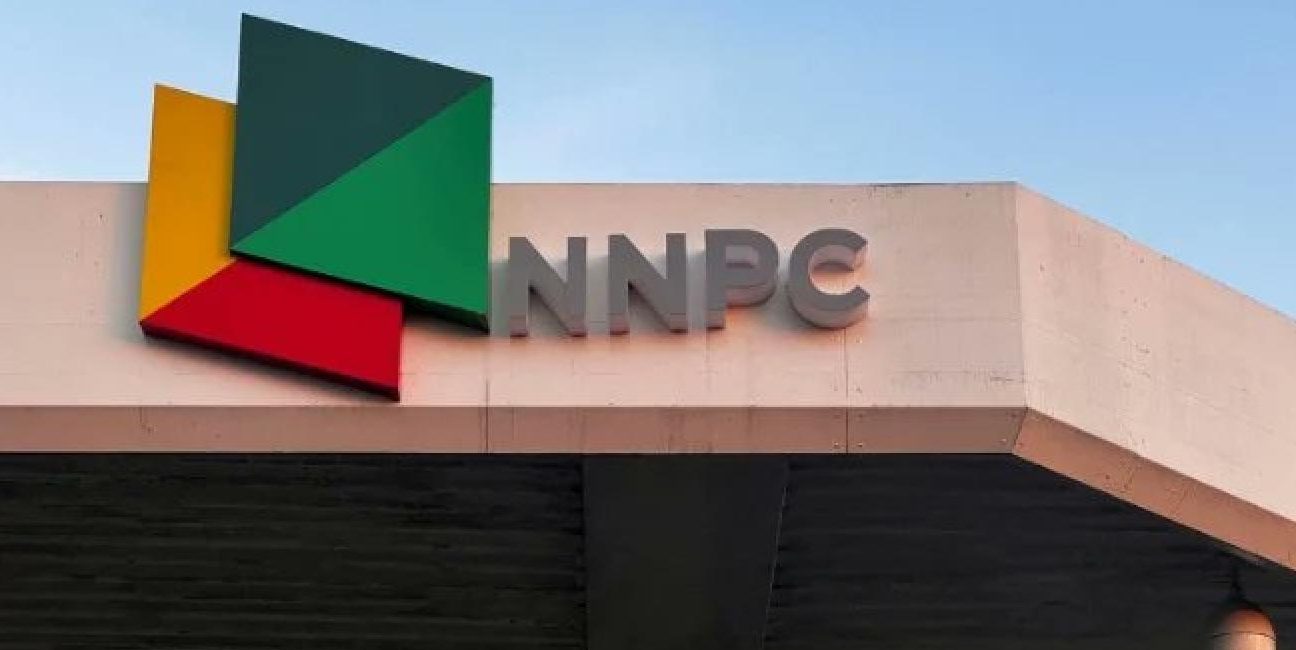Prominent voices in Nigeria’s oil and gas industry have attributed the prolonged crisis in the sector to years of institutional failure, poor governance, and political interference, which they say have rendered the Nigerian National Petroleum Company Limited (NNPCL) inefficient and economically counterproductive.
At the recent edition of the Boiling Point Arena, a public discourse platform anchored by Dr. Ayo Arowojolu and broadcast across six radio stations in Lagos, Ogun, and Delta States, three industry veterans laid bare the systemic rot that has plagued Nigeria’s oil and gas industry. The experts – Emeritus Professor of Petroleum Economics, Wunmi Iledare; former NNPC senior executive, Dr. Timothy Okon; and respected Energy Consultant, Engineer Emeka Ene – all pointed to a chronically flawed structure that has defined the trajectory of the NNPC since the mid-1990s.
The programme, themed “Cleaning the Augean Stable: Can NNPC’s New Team Fix Nigeria’s Oil and Gas Sector?”, drew attention to the persistent challenges faced by the company and the broader energy sector. The discussants, while acknowledging recent efforts by President Bola Ahmed Tinubu to reposition the NNPCL through the appointment of technocrats like Mr. Bayo Ojulari, insisted that lasting change would only be possible if the company was shielded from political interference.
Professor Iledare was emphatic in his diagnosis, blaming the collapse of operational efficiency on years of financial recklessness and misuse of oil revenues. He argued that from 1995 onward, the company was gradually converted into a tool for patronage, with infrastructure and refinery maintenance receiving little or no investment.
According to him, “The governance structure of the NNPC was hijacked. Funds that should have been reinvested into the system were diverted. This is how the rot we see today began. The Petroleum Industry Act (PIA) now offers a new framework for the company to operate as a commercial entity, independent of ministerial pricing and government bureaucracy. But that framework must be respected.”
He applauded the President’s decision to appoint Mr. Ojulari as the Group CEO but warned that unless he is granted full operational autonomy, the reforms may only scratch the surface. “This is not about individual competence alone; it is about creating room for business-minded leadership to function without political handcuffs,” he said.
Echoing similar sentiments, Dr. Timothy Okon described Nigeria’s approach to oil economics as fundamentally flawed. He said the sector had long been used to serve short-term political interests rather than national development. “The NNPC was reduced to a monopoly that priced petroleum products based on political considerations, not economic logic. It was bound to fail,” he said.
He further observed that the country’s refusal to refine its own crude oil for local consumption had entrenched a dependency model that exports raw materials and imports refined products — a practice he termed ‘neo-colonial.’ According to him, “Unless we pursue an industrial strategy that adds value locally, the oil sector will remain a source of economic liability.”
For Engr. Emeka Ene, the challenges were more about institutional structure than personnel capacity. He stated that the original design of NNPC was economically unsustainable from the outset. “This wasn’t just corruption; the entire business model was faulty. Refineries were designed to operate without market discipline. Crude oil allocations were done arbitrarily, and the whole setup lacked commercial viability,” he said.
Ene criticised the historical revenue structure that forced NNPC to remit all earnings to the Federation Account, thereby making the company reliant on bureaucratic budget approvals for its operations. “You cannot run a complex business like that. There was no linkage between revenue generation and funding for day-to-day activities. That was the beginning of the company’s operational paralysis,” he noted.
Chairing the session was the Olowu of Owu Kingdom, Oba Professor Saka Matemilola, who himself is a former President of the Society of Petroleum Engineers. The royal father lent his voice to the call for institutional autonomy, stressing that structural reforms must accompany leadership changes if the oil sector is to experience meaningful transformation.
All the participants agreed that while the Tinubu administration’s current steps are encouraging, without removing politics from the operational and investment decisions of NNPCL, Nigeria risks continuing the cycle of inefficiency and revenue loss that has dogged the sector for decades.
